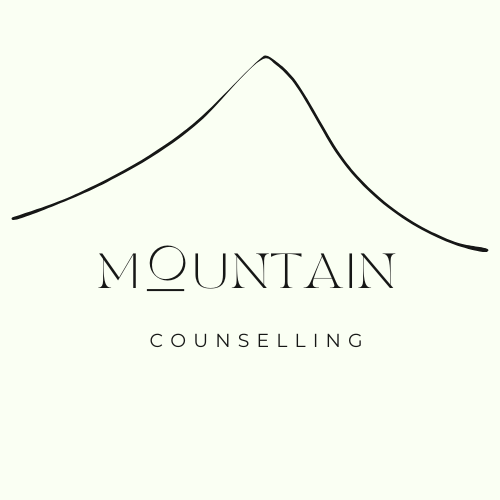Frequently Asked Questions
Q: How can counselling help me?
A: Counselling provides support for those facing personal challenges, unhelpful thoughts, or emotions that hinder them from living the life they want. Whether you’re dealing with stress, anxiety, depression, relationship issues, trauma, addiction, or any other difficulty, a counsellor can offer guidance and support.
** Unlike psychologists, counsellors cannot diagnose mental disorders.
Q: What type of counselling do you offer?
A: I provide counselling for individuals struggling with anxiety, self-doubt, OCD, and phobias, helping them build confidence and live the life they want.
My approach is grounded in Person-Centered Therapy, which I tailor to each client’s unique needs and goals. I also have specialised training in Acceptance and Commitment Therapy (ACT), which is highly effective for anxiety and OCD, and I emphasise self-compassion, drawing on the work of Dr. Kristin Neff.
Q: Do I need a GP referral?
A: No. You can contact a counsellor directly to book an appointment.
Q: What should I expect from our sessions:
A: In the first session, you'll have the opportunity to share as much or as little as you'd like about yourself and what brought you to counselling. This helps me understand you better and allows us to discuss your goals and what you hope to achieve.
Future sessions will be flexible and paced according to your needs. We’ll typically start by reflecting on the past week(s), then discuss your concerns and work together to address them. At the end of each session, we'll summarise and plan for the next steps, ensuring progress is aligned with your values and goals.
Q: Is counselling confidential?
A: YES! However, there are a few exceptions, that you can read about here. We will also discuss this in greater detail during our first session together.
Do you have more questions? Feel free to email me.


